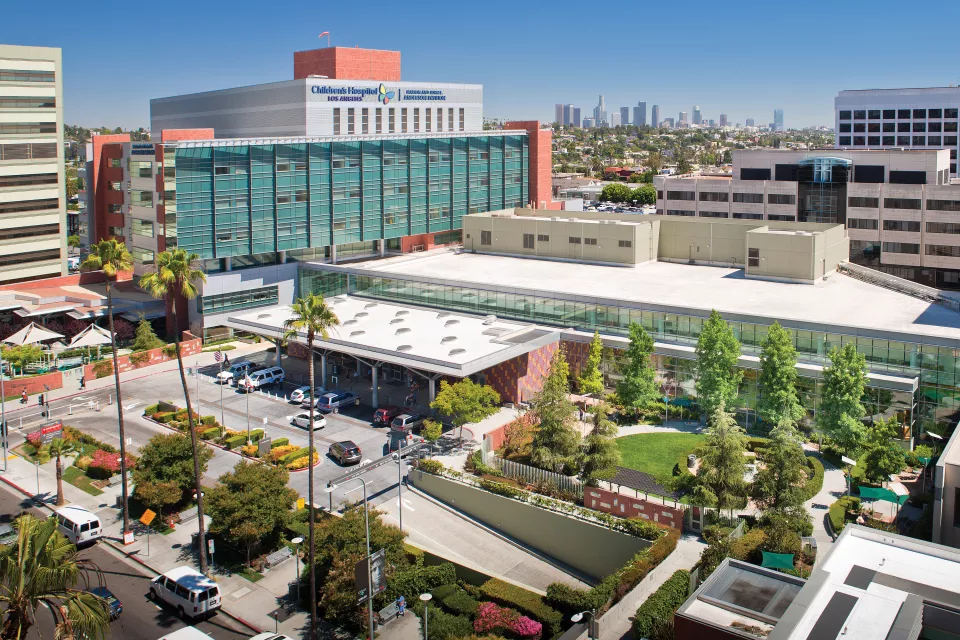What is a headache?
Children often get headaches. Headaches aren’t actually a pain in the brain because the brain doesn’t feel pain. There are nerves in the body that send messages to the brain about pain in other parts of the body. These headaches can be minor and not very painful, and others can feel more painful.
There are two types of headaches:
- Primary headaches - include tension headaches and migraines and can be caused by inherited genes (passed on to you by your family) or by outside causes.
- Secondary headaches - are caused by something else in the body. For example, very high blood pressure or an infection.
It is important to know that most headaches are not caused by a serious medical problem. Your medical provider will help identify the cause and recommend treatment options.
How are headaches diagnosed?
Your medical provider will ask many questions about the headaches and will ask you to describe in detail how the headaches feel, the medications or therapies that you have tried, and if you know what usually causes your headaches or makes them worse. The medical provider may also ask how the headaches affect you in school, sleep and social activities. A complete physical exam will also help the medical provider decide if any other testing is needed.
Procedures such as MRI (Magnetic Resonance Imaging) or blood tests are not always necessary but may be ordered to help find the cause(s) of the headaches.
How are headaches treated?
There are many options that can help treat headaches. Often times more than one approach is needed. Your medical provider may recommend the following:
- Good sleep habits
- Healthy diet and drinking enough water
- Regular exercise
- Stress management
- Avoiding headache triggers
- Biofeedback
- Psychotherapy such as Cognitive Behavioral Therapy
- Acupuncture
Can medications help treat headaches?
Medications can help you have fewer headaches and less painful ones. Medications work differently in different people. Try not to feel discouraged if they don’t work right away. It may take time to find the right medication and dose. Your medical provider will talk to you about the options, but there are two types of medications that are often recommended:
- Abortive medications – The goal of abortive treatment is to stop a migraine when you feel one coming or once it has begun.
- These medications include over-the-counter medications such as acetaminophen (Tylenol), ibuprofen (Motrin) or naproxen (Aleve). Other prescription medications include non-steroidal anti-inflammatory (NSAIDs) medications or triptans.
- Generally, you should not take these medications more than twice per week to avoid the medications causing rebound or overuse headaches.
- Preventative medications – These are daily medications that reduce the number of headaches you have or decrease how strong they are.
- There are several different kinds of medications and your medical provider will discuss the options with you.
- These medications work best if they are taken every day.
